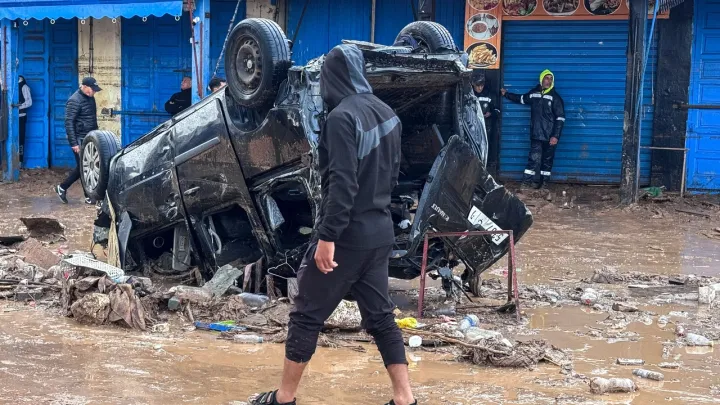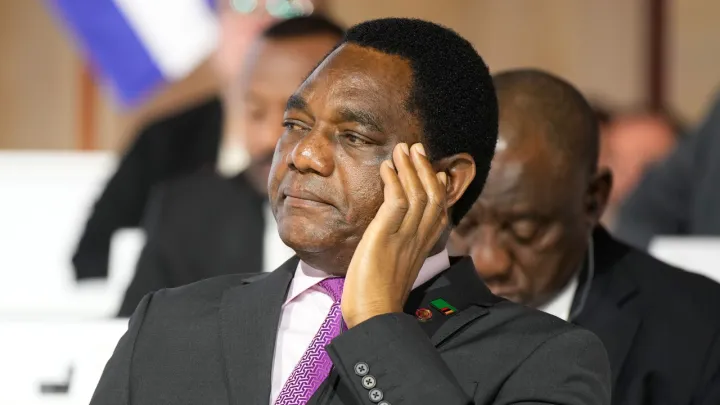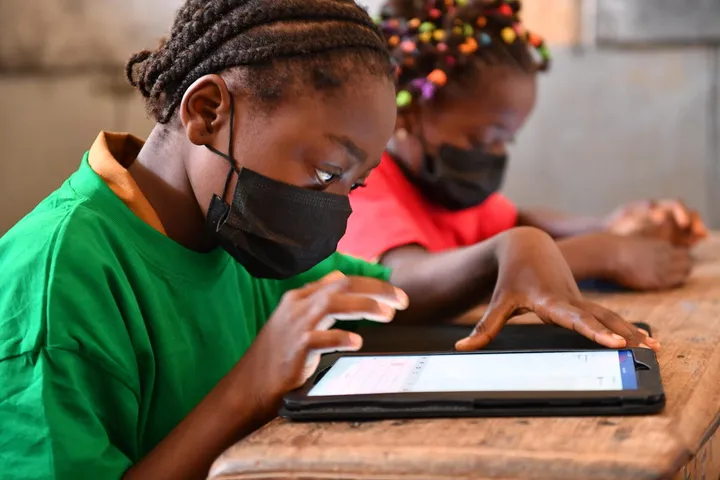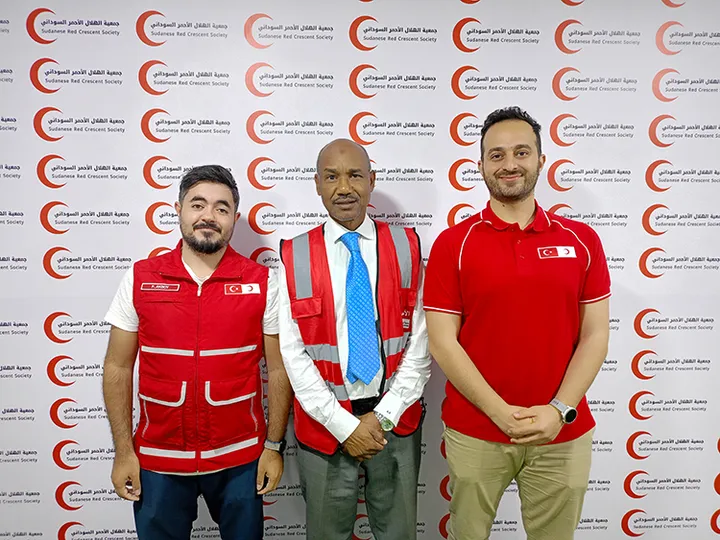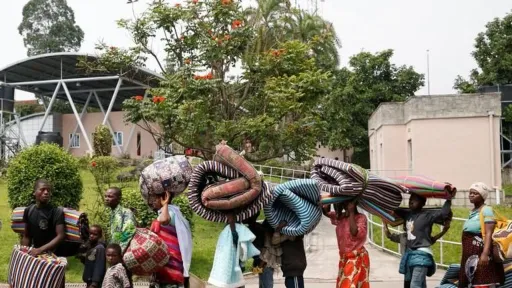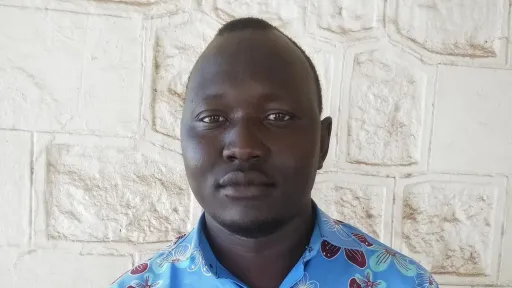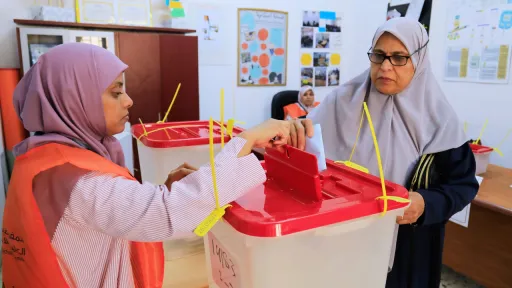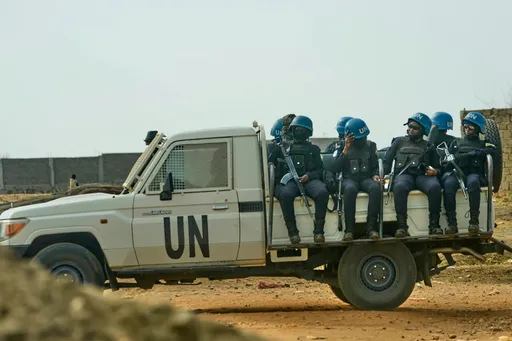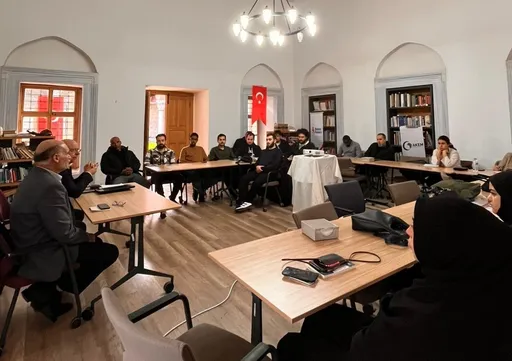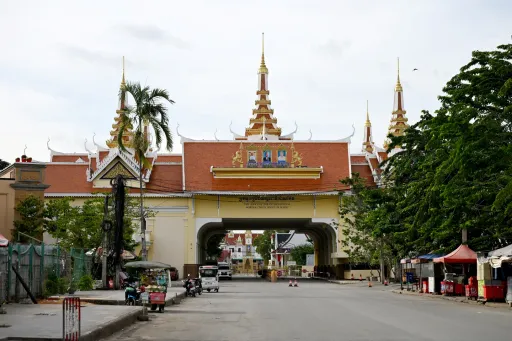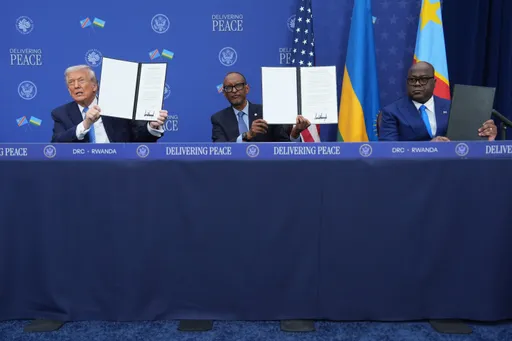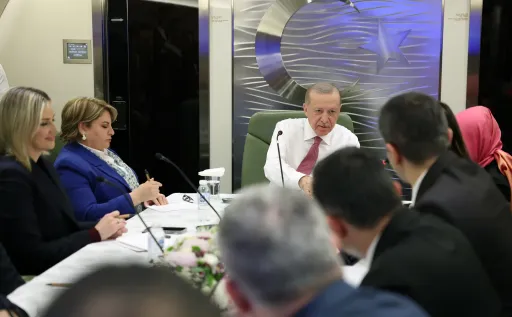By Awa Cheikh Faye
The presence of the Russian paramilitary unit Wagner Group in Africa is raising questions and concerns among international organisations, African governments and foreign powers.
Wagner is accused of conducting illegal operations, violating human rights and disrupting the stability of African countries.
So, what is Wagner doing in Francophone Africa that has so much political, economic and security implications?
New ally against armed groups
The Central African Republic, a landlocked nation in the heart of the continent, is in the throes of a deep security crisis.
"It's much more of an internal security concern, a community crisis that the authorities are no longer able to manage. The Central African army has no longer the means to deal with this crisis.
This is why the Central African Republic first called on its traditional partners to help arm the FACA (Central African Armed Forces)," Hassane Koné of the Institute for Security Studies (ISS Africa) tells TRT Afrika.
"Help never came. And the will to diversify partnerships is the reason why the CAR (Central African Republic) has reached out to Russia," he explains.
Since 2013, the Central African Republic has been under an arms embargo imposed by the UN. This includes a ban on delivery of arms, ammunition, military vehicles and equipment.
"The presence of Wagner in the region coincided with a period of declining French influence in the sub-region, reflected by mixed results in terms of military operations in the continent.
As a consequence, local populations, especially the young, lost their trust in the French," says Dr Moumouny Camara, a lecturer and researcher in information and communication science at the Cheikh Anta Diop University in Dakar.
Koné, a security expert, thinks that the continent's traditional partner, France, "has not responded to the security challenges facing African countries".
Rights violations
While Wagner Group mercenaries continue to play an important role in training FACA and coordinating their activities in the Central African Republic, they have acted independent of government forces in at least 50% of incidents related to political violence since May 2021 –
with the exception of October that year and April and June 2022. This information is collated by the Armed Conflict Location and Event Data Project (ACLED), a body that collects and analyses disaggregated data and maps.
Anicet Kyancem, a member of Central African civil society, tells TRT Afrika that "French soldiers involved in the Sangaris operation were also mentioned in a UN report on sexual abuse of children in the Central African Republic in 2014".
Back from a 10-day mission to Mali, Alioune Tine, a UN expert on human rights, has accused Wagner mercenaries of "terrorising" the local population.
In a report published on its website, ACLED recorded "nearly 480 civilian deaths linked to operations carried out jointly by Wagner mercenaries and Malian forces".
Although the Malian government has never officially acknowledged any links or cooperation with the Wagner group, a number of investigative reports reveal the involvement of this outfit in violations of civilian rights in Mali as well.
Bamako has rejected these allegations outright and denied any alliance with the Wagner Group.
Economic offensive
The Wagner Group has been active in the Central African Republic since 2018, following the signing of an agreement between the country and the Russian government. But Moscow has, on multiple occasions, denied any connection with this group.
Dr Moumouny Camara believes that whether it is official or unofficial, the alleged partnership between the Central African Republic and Russia represents a diplomatic success for Moscow.
"It is mainly about opening up the African market to Russian companies," he says. Indeed, Moscow has made no secret of its ambition to "reconquer" the African market.
In 2019, an Africa-Russia summit brought together Russian President Vladimir Putin and more than 40 African leaders to discuss cooperation, especially in terms of business.
Although commercial relations between Russia and Africa are still weak, Moscow is investing more than ever in the political-security sector.
In Bangui, there's no illusion that the Wagner Group's support in the fight against armed groups has a price. "You have to bear in mind that this country is full of natural resources that may interest the Russians.
We have gold everywhere, and the Wagner Group is present where there are armed groups exploiting the country's natural resources, especially gold and diamonds.
If this is what we have to offer in return for the security of the country, then we might as well do it," says Kyancem.
Perception matter
Rumours of the paramilitary group's presence in Burkina Faso had circulated for a while before being categorically denied.
Ouagadougou has made it clear that it isn't cooperating with anyone. Burkina Fasso wants to fight terrorism in its territory on its own while not ruling out the possibility of seeking the "means" of an anti-terrorist response from various partners.
From Kyancem's point of view, the security of the population and their freedom to go about their business prevails over any other consideration.
"As an ordinary citizen, I want to move around, go to my village and see people on the fields.
"If the [Wagner] group can provide this mobility, so be it.. This is the only thing that matters" he tells TRT Afrika.
Our country is poor, but we need freedom of movement
Security expert Koné believes that access to quality weapons has recently impacted relations between African countries and their traditional partners.
"Africa's new partners such as Russia, China, Turkey and Brazil sell weapons to our countries and deliver them more easily at affordable prices, and without any of the restrictions imposed by Western powers," he explains.
Koné recommends strengthening and consolidating national armies by investing in equipment and training national defence and security forces rather than banking on outsiders to do this critical job.
"Outsourcing security is not sustainable. The use of mercenaries worsens the situation of instability, violence and unrest," he says.
He also stresses the importance of combining the security approach with a coherent political and socio-economic strategy to overcome insurgency, organised crime and social unrest that fuel instability in the region.

